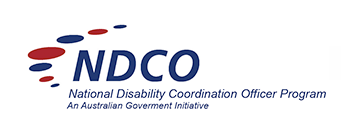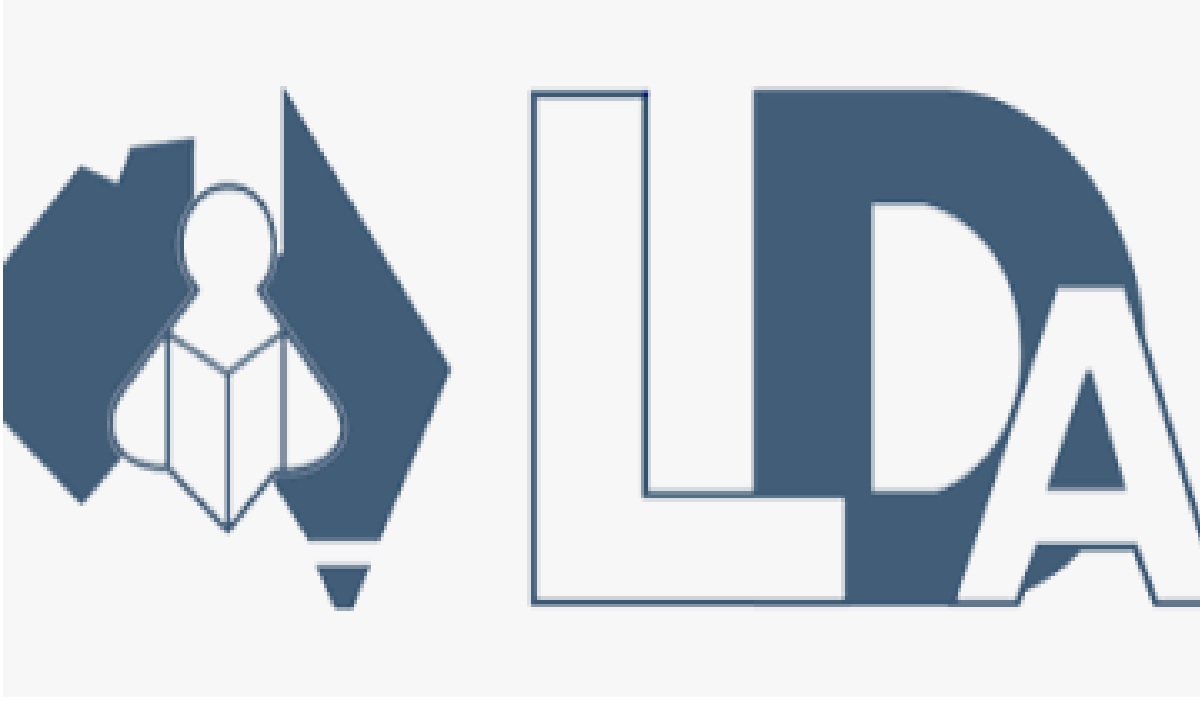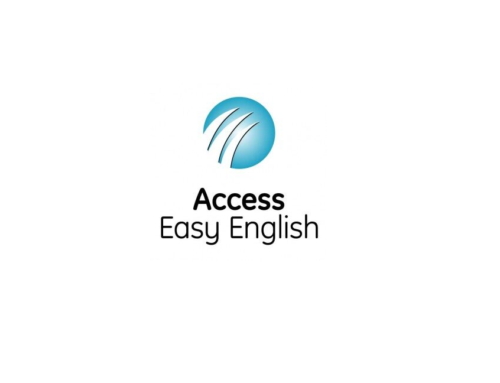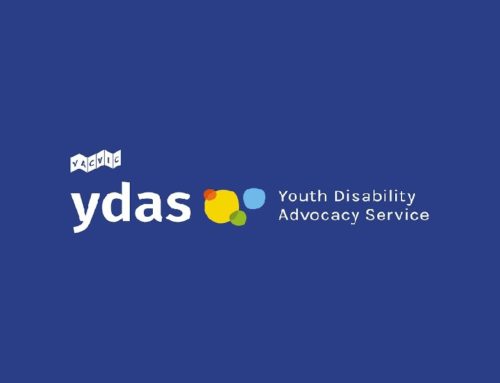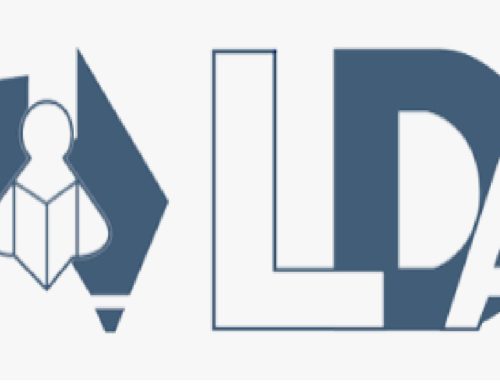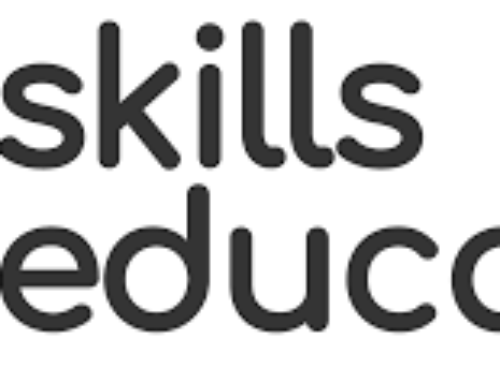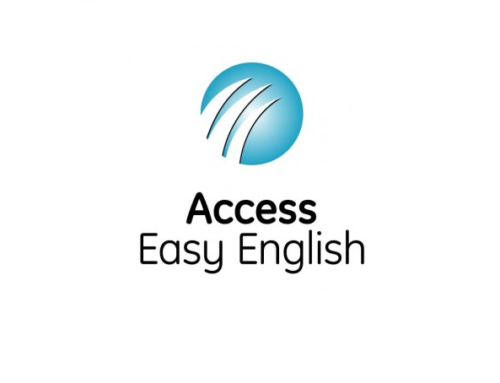High Impact Strategies for Supporting Secondary Students with Learning Difficulties
This event will provide take-home strategies and tips in the areas of oral language, literacy, numeracy and positive behaviour supports – strategies backed by research that can be instantly applied in your work with secondary students. Given the challenge teachers face in getting our students back on track after last year’s disruption, we need high return strategies that require minimal preparation and have proven track records of success. Each of our speakers are experts in their fields.
Hosted by Jennifer Buckingham and Troy Verey, this is an event not to be missed!!
SPEAKERS
Renae Watkins
With over 25 years of experience in education, Renae Watkins has particular expertise in supporting students with learning difficulties and challenging behaviours. She has taught in both mainstream and special education settings K-12 in the New South Wales and Queensland systems, in addition to also teaching overseas in England and New Zealand. She has taught in both public school system and independent sector, the juvenile justice system, in not-for-profit community-based literacy centres, and has led and managed large teams in instructional settings. Renae believes that access to evidence-based reading instruction shouldn’t be a ‘lottery’ for Australian children, and that all teachers should be equipped with the knowledge and skills required to produce competent and confident readers. Renae is a representative for the non-government school sector on the NSW Centre for Effective Reading Placement Panel, a member of SPELD NSW, an associate member of the Institute of Special Educators Australia and a member of Learning Difficulties Australia (LDA). Renae is currently working as an Education Consultant within the AISNSW Students Services department, specialising in literacy K-12. She is currently undertaking further postgraduate study in TESOL.
This session will examine measures suitable for establishing adolescents’ literacy skills, identifying areas to target for instruction and to monitor progress. Strategies to address identified deficiencies in areas of reading, spelling, vocabulary and ultimately comprehension are provided along with ways to assist with ongoing access to the curriculum. Programs and resources appropriate for this age group will be explored.
Melanie Henry
Melanie is a secondary trained teacher and now the instructional leader/coach at the Pavilion School. She has worked in both mainstream and alternative settings, teaching Humanities, German, English/EAL and VCAL. She is passionate about rigorous and engaging curriculum, professional learning, classroom instruction and a structured approach to teaching literacy. She holds a Master of Learning Intervention focused on inclusive practice and alternative education from the University of Melbourne and is in the early stages of a PhD in the La Trobe SOLAR lab, interested in evidence-based strategies to support adolescents in the classroom.
Dr Sharonne Telfer
Dr Sharonne Telfer is a researcher and teacher who has trained hundreds of school staff in implementing School-Wide Positive Behavioural Interventions and Supports.
Sharonne is passionate about providing effective, evidence-based supports for educators to change their classroom practices to improve student behaviour and increase engagement in learning in measurable ways. She draws on her skills as a researcher to find and integrate the latest SWPBIS research, and her experience and skill as a teacher to facilitate effective, multi-component professional learning for individuals, schools and teams.
A number of evidence-based, high-leverage classroom management and instructional practices that increase the likelihood of student connectedness, academic engagement and positive behaviour have been identified. These practices include explicit strategies for building quality teacher-student relationships, establishing positive classroom behaviour expectations, providing students with precorrections, and giving high rates of specific feedback. Reductions in classroom disruption, increases in student engagement, and enhanced student and teacher wellbeing have been noted when teachers use these practices consistently and intentionally.
This presentation will provide a brief overview of these practices with suggestions for ways teachers can utilise classroom observation and feedback to increase their use of precorrections and specific feedback.
Benjamin Saulsman
Benjamin has been in education for over 15 years, having worked in a variety of sectors both in Australia and internationally. During this time Benjamin has worked in the private sector with students who are below the expected level in their understanding of mathematics, developing strategies to accelerate learners and foster a deep understanding of content based on research, evidence and experience. His current role is in the Curriculum Team, supporting teachers and schools in designing and implementing the delivery of numeracy and mathematics within the classroom. He also works across the system to promote STEM based learning.
His PL is going to focus on students’ deep understanding of the Place Value system, and how we can use a simple scaffold to help them see both it’s simplicity and application. He will explore how to introduce this to students, and a game we can play with them to build their understanding. He will then look at how we can use this resource to teach other concepts and easily fix misconceptions.
